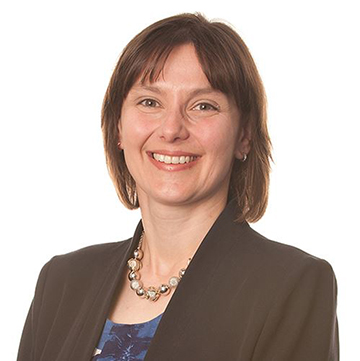26 August 2022
Now HMRC’s Plastic Packaging Tax is in force, businesses that handle and supply significant amounts of packaging are turning their attention to further environmental measures that will soon be introduced in the UK.
Extended Producer Responsibility (EPR) is a system whereby the full costs associated with the environmental disposal of a product or packaging are met by the business placing it on the market. There are significant changes coming to the existing packaging regulations from 1 January 2023, and businesses need to start preparing now.
Who will be affected?
EPR will apply to businesses that process more than 25 tonnes of packaging per calendar year and whose turnover (based on most recent annual accounts) is greater than £1m.
The definition of ‘packaging activities’ is wide. Examples include:
- packaging own-brand products for sale to UK consumers;
- using a third party to package and sell own-brand products to UK consumers;
- importing products into the UK for sale to consumers, unless on behalf of a third party;
- allowing overseas vendors to sell packaged goods to UK consumers through an online platform that a UK business controls; and
- making and selling empty packaging to businesses that are not included within the EPR regime.
What do you need to do to prepare for EPR?
All businesses affected by EPR will be required to keep records of the weight of packaging they process from 1 January 2023.
The weights of different packaging materials (such as plastic, paper, aluminium, steel and wood) should be recorded separately. Additionally, each material should also be subcategorised as ‘primary’, ‘secondary’ or ‘transit’ packaging, based on how it is used.
The categorisation of packaging can be complex, but the definitions are broadly:
- Primary packaging represents the individual sales units purchased by consumers.
- Secondary packaging, which is used to group together multiple primary sales units, such as trays containing a number of sales units that are used to restock supermarket shelves.
- Transit packaging, which is used to group together multiple secondary packaging containers, to prevent damage from transport or physical handling.
All weights should be collected and rounded to the nearest tonne (1,000kg).
As the obligation to record packaging weight data begins on 1 January 2023, organisations should use the coming months to prepare their data collection procedures.
What obligations will businesses have under EPR?
The other actions required to be EPR compliant, and the effective dates on which registration and reporting will begin, vary depending on the size of the affected entity. Entities within the scope of EPR are categorised as small or large organisations with different responsibilities:
- A small organisation is an entity with turnover greater than £1m, and that processes between 25 and 50 tonnes of packaging in a year, OR an entity with turnover between £1m and £2m, and that handles more than 25 tonnes of packaging in a year.
- A large organisation is any entity which both processes more than 50 tonnes of packaging per year and has an annual revenue over £2m.
Businesses could have to do all of the following:
- register for the EPR for packaging online service (from April 2023);
- pay a fee to the environmental regulator (starting in 2024);
- submit packaging data to the government – data needs to be collected from 1 Jan 2023; and
- buy ‘PRNs’ or ‘PERNs’ to pay toward the cost of recovering and recycling packaging processed.
What next?
Businesses need to find out if they could fall within the scope of EPR as a small or large organisation, and what this means in terms of data collection and reporting.
EPR requirements are separate and distinct from Plastic Packaging Tax reporting requirements, which businesses may also be affected by and was introduced in the UK from 1 April 2022 .
If you would like to discuss the impact of EPR on your business, please get in touch with Grace Kirk, Anne Holt or your usual RSM contact.











